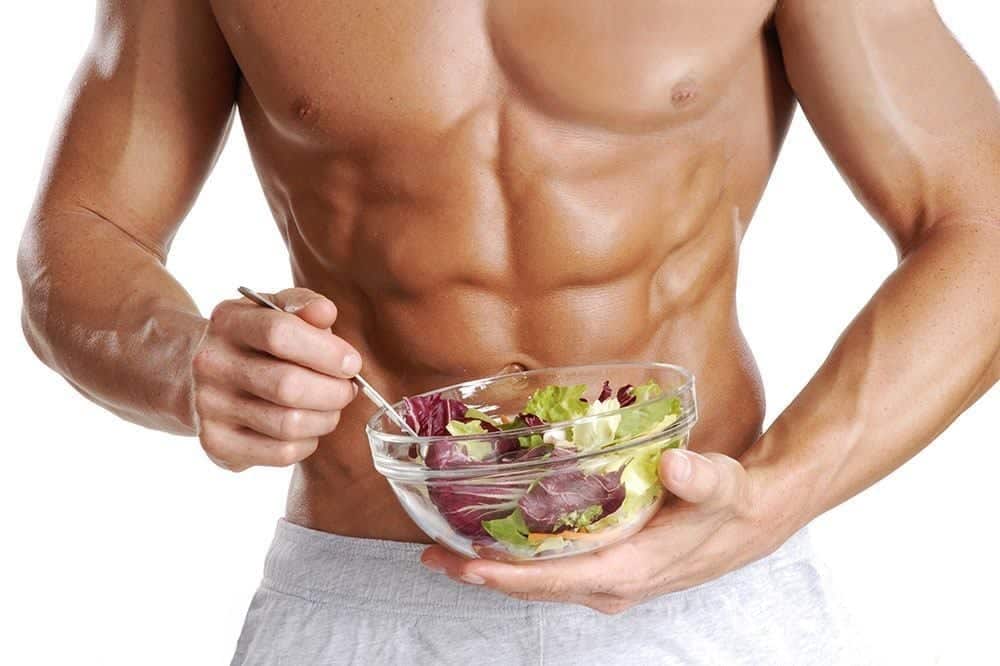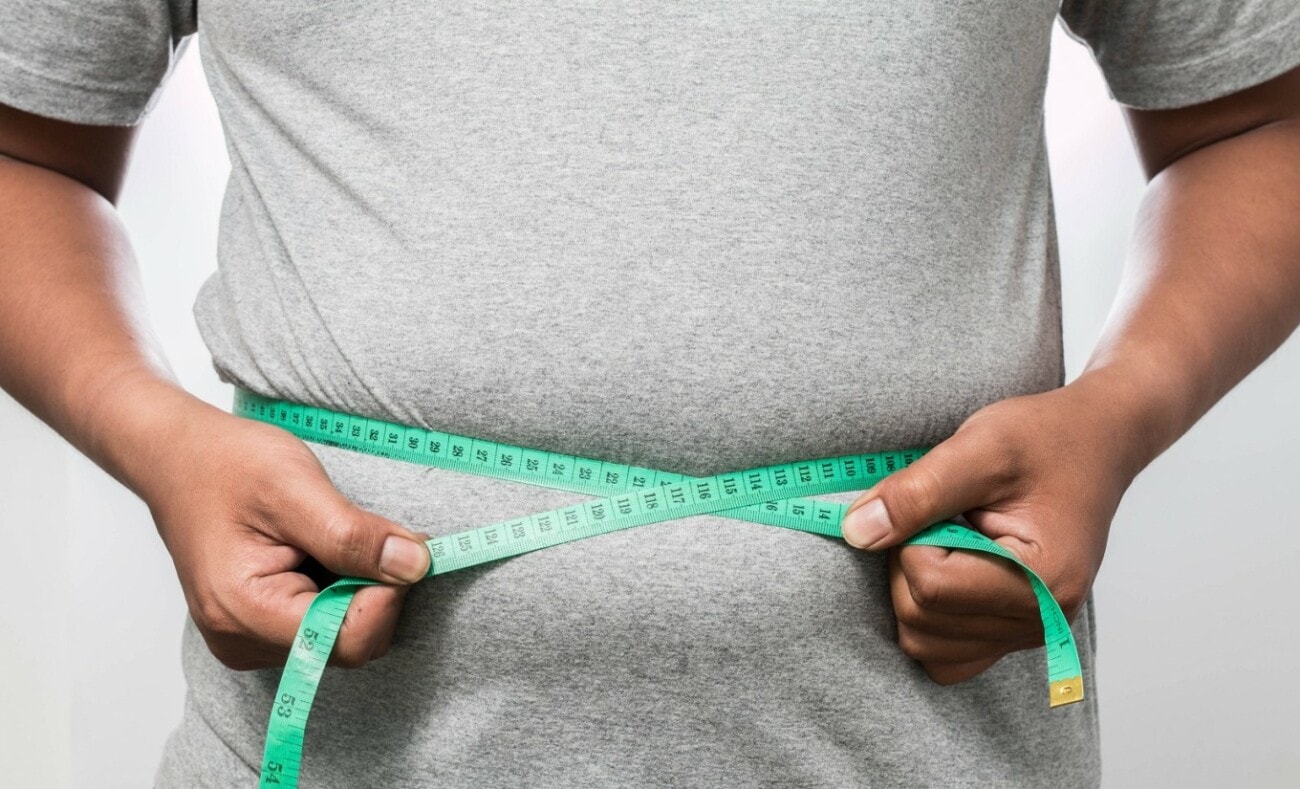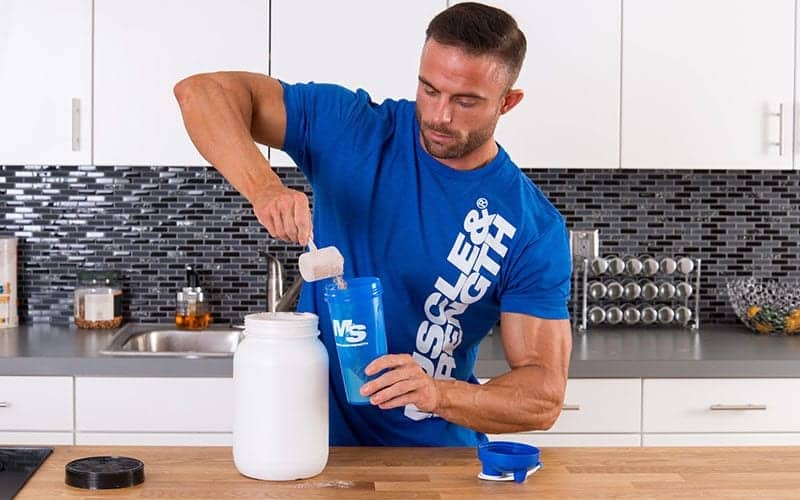After what to eat before and after training, it's from what to eat before bed, now comes what to eat to lose fat.
Ambos os artigos anteriores abordam de forma ligeira como devem ser essas refeições, mesmo no caso em que o objetivo é perder gordura.
But let's go deeper.
There are (too many) diets, approaches and methodologies for losing fat.
Até se fala em alimentos que fazem perder gordura.
Existe demasiada confusão, o que baralha o atleta comum.
Primeiro que tudo há uma pergunta importante a responder.
Qual é a grande diferença entre o que comer para ganhar massa muscular e o que comer para perder gordura?
Do you know the answer?
É simples e resume-se numa palavra. Quantities.
O mais importante na equação da perda de gordura são as quantidades, e não os alimentos que utilizas.
A manipulação das quantidades é que dita se uma dieta é para ganho de massa muscular, para perda de gordura ou manutenção.
Existem dietas baixas em hidratos de carbono, baixas em gorduras, dietas sem gorduras, dieta da sopa e dieta da água.
No meio disto tudo, todas partilham um denominador comum, e que é aquele que faz com que sejam (ou não) bem sucedidas.
Chama-se défice calórico.
O que todas as dietas para perder gordura partilham é o uso de uma low calorie diet to get good results.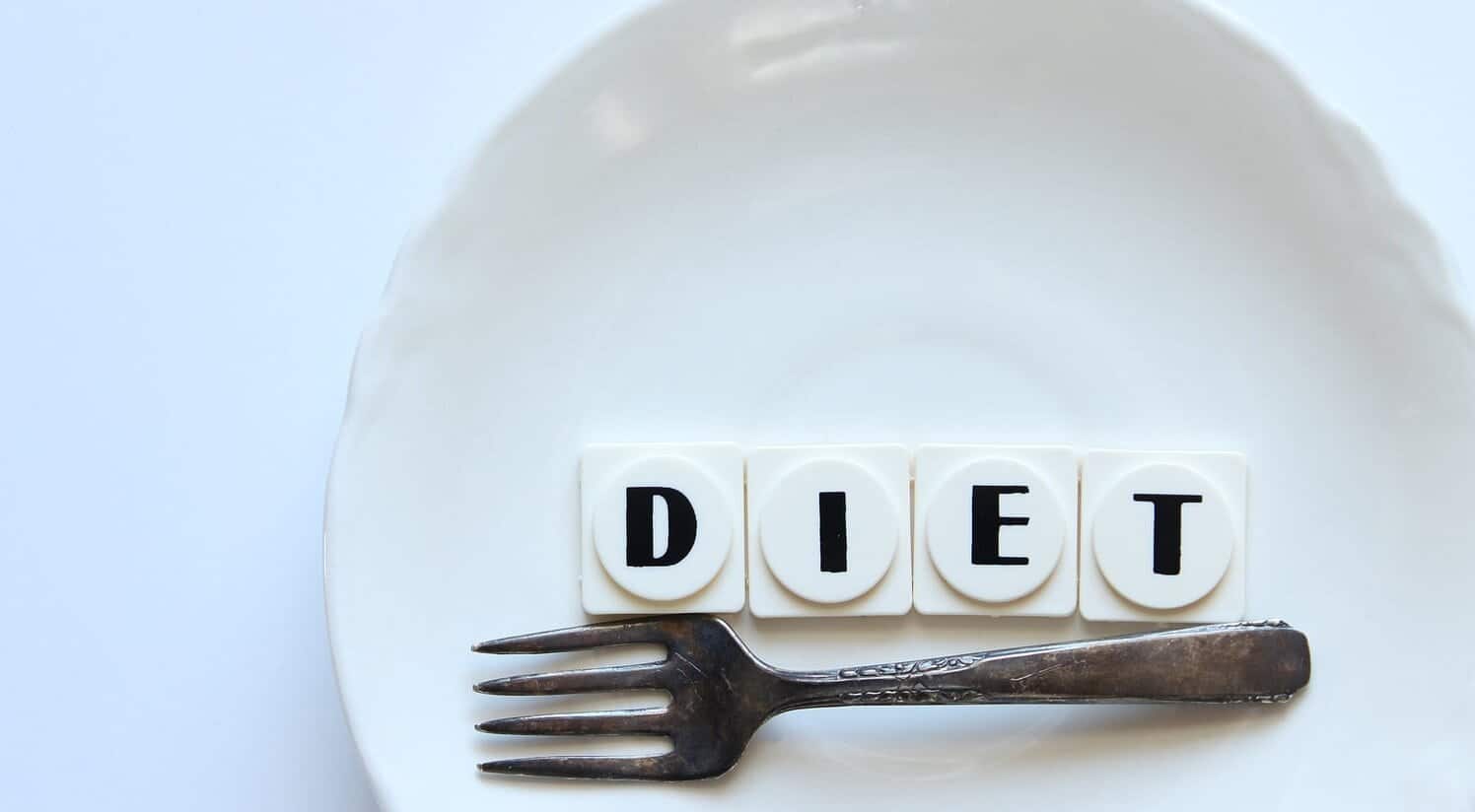
Défice Calórico
Já vamos em dois enormes segredos (não partilhem) sobre a perda de gordura. A redução de quantidades e défice calórico.
Não existe grande magia em eliminar completamente os hidratos de carbono ou as gorduras, a magia está na ingestão calórica.
Uma dieta sem hidratos de carbono mas com um consumo de calorias superior às que são gastas vai levar a um aumento de peso.
O mesmo se aplica às gorduras.
Não é obrigatório fazer uma dieta de apenas vegetais e peito de frango quando se quer perder gordura.
Porque é que é muito comum a recomendação destes e outros alimentos magros?
Porque é mais fácil atingir um défice calórico com alimentos baixos em calorias do que com bacon e salsichas.
So, is any diet good for losing fat?
More or less.
Perder peso é uma coisa, perder gordura é outra.
Quem pratica ginásio, pretende normalmente ter muita massa magra e pouca massa gorda, portanto quando procura perder peso, procura eliminar a gordura e não o músculo.
O músculo é para manter.
Portanto, se queres perder gordura, deves não só ter uma dieta hipocalórica, mas também deves ter atenção aos macronutrientes que consomes, principalmente a proteína.
Foods
O que deves comer para perder gordura, e ainda não apontámos nenhum alimento que se encaixe no titulo do artigo.
Não pode ser, vamos lá então dar umas sugestões.
Proteins
- Chicken breast
- Peito de perú
- mackerel
- Tuna
- Eggs
- Low-fat fresh cheese
- Quark cheese
- Protein powder
Carbohydrates
- Oat
- Rice
- Pasta
- Pão integral
- Sweet potato
Fats
- Dry fruits
- Oil
- Peanut butter
- Fish oil
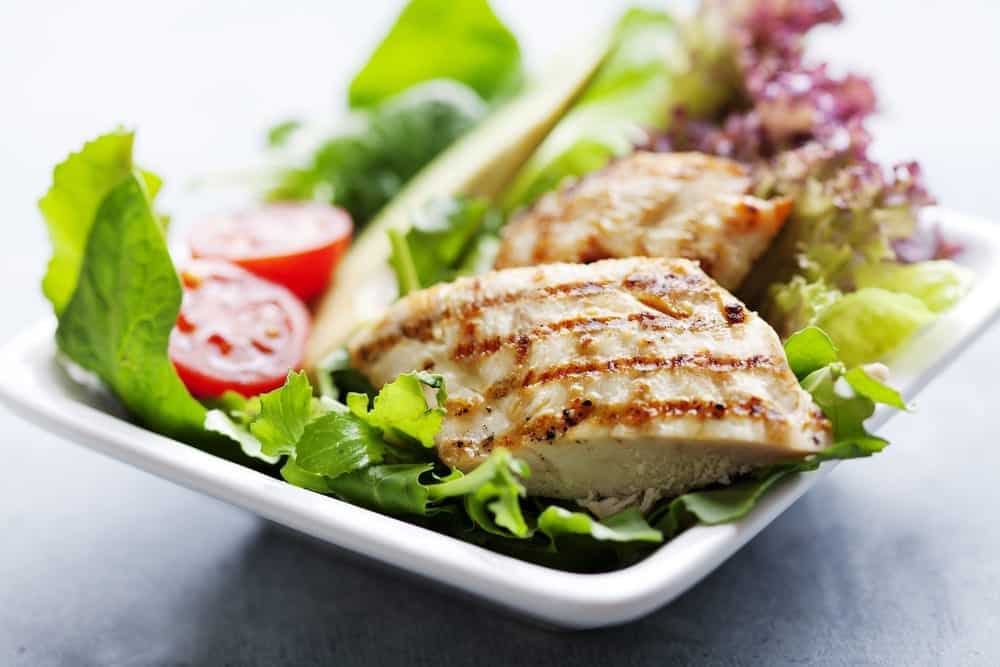
Então mas…só isso?
Se o mais importante para perder gordura são as quantidades, e não os alimentos, porque é que só estão listados estes?
No caso das proteínas, são fontes de proteína de qualidade.
No caso dos hidratos de carbono, são carboidratos complexos.
No caso das gorduras, são apostas saudáveis.
Now, should this be all you eat throughout your diet?
No.
A par da ingestão calórica, existe um factor também MUITO importante para conseguires perder gordura.
How to choose foods for your diet
Deves escolher alimentos não só por serem pouco calóricos, mas também porque os vais conseguir utilizar de forma consistente, sem torcer o nariz, e sem fazer caretas.
Se comer brócolos te dá vontade vomitar, porque é que os comes?
Se não gostas gostas de brócolos, come espinafres.
Se não gostas de carne de frango, come carne de perú.
Se não gostas de aveia, come outra fonte de hidratos de carbono.
Agora, isto não significa que deves fazer do mcdonalds a tua segunda casa.
Apesar de ser possível de perder peso com uma dieta à base de mcdonalds estando em défice calórico, isso não significa que o devas fazer, e a tua saúde agradece.
Aposta numa alimentação alta em proteínas, e equilibrada em gorduras e hidratos de carbono.
Não elimines nenhum dos macronutrientes.
Dá prioridade a fontes de proteína de alto valor biológico, hidratos de carbono complexos e gorduras mono ou polinsaturadas.
Por fim, não te esqueças de incluir vegetais.
Apesar de não representarem um grande papel a nível de macronutrientes, são ricos em micronutrientes.
São também saciantes, e isso quando se procura perder gordura, é sempre bem vindo.
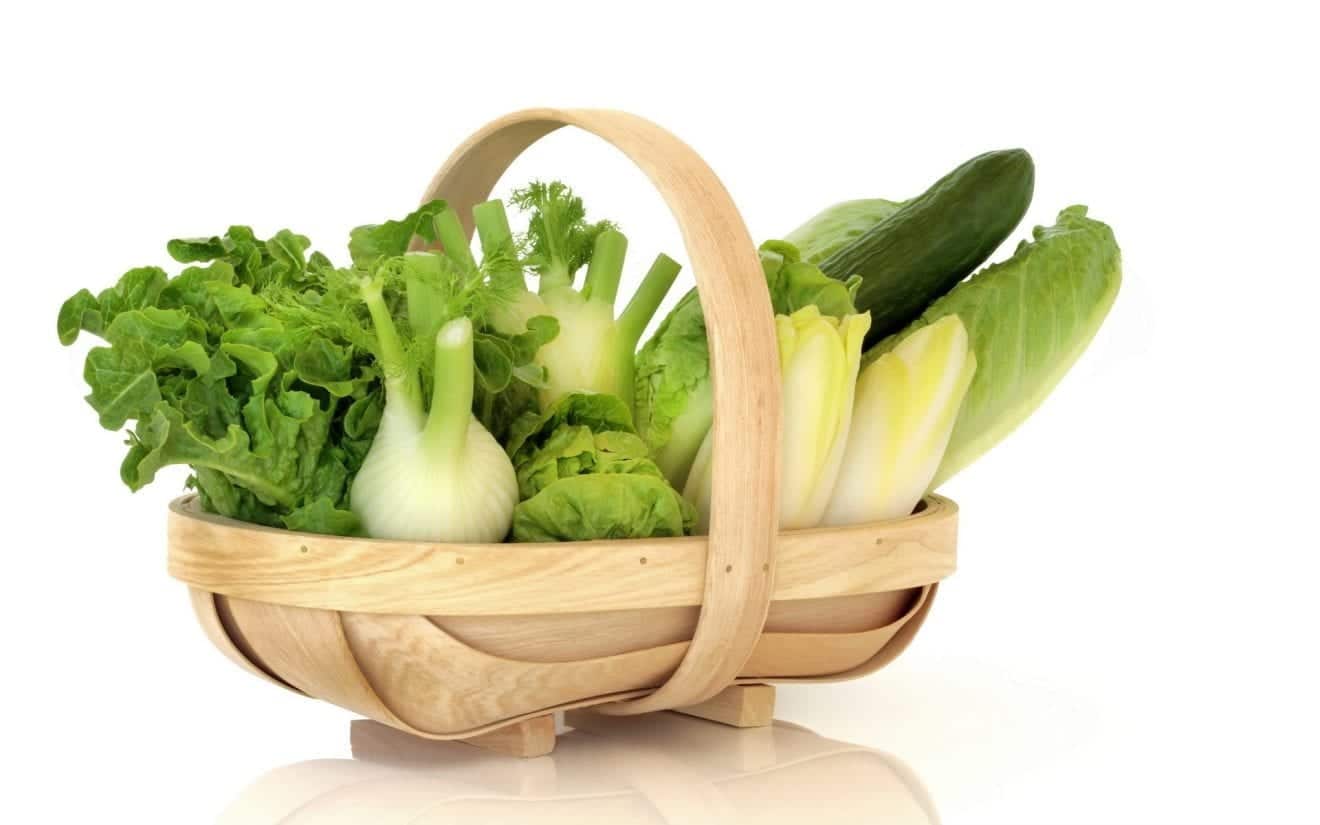
Quantas refeições devo fazer por dia para perder gordura?
Não existe um número certo, mas aponta para pelo menos 3 ou 4.
Preferes fazer poucas refeições mas mais pesadas e saciantes ou muitas refeições mas mais leves?
A escolha é tua.
Se preferes refeições mais pesadas, faz mais sentido repartires a tua ingestão calórica em poucas refeições.
Se preferes comer várias vezes ao dia, comes menos de cada vez, mas podes fazer 5 ou 6 refeições diárias.
Então e aqueles alimentos que fazem emagrecer, o que aconselham?
Aconselhamos água.
Não ligues a supostos alimentos que supostamente fazem emagrecer.
Não fazem.
E se fizerem, o contributo é mínimo. (Tipo 0,0000000000000001%)
Conclusion
Escolhe alimentos que gostes, planeia a tua alimentação de forma a encaixar no teu dia a dia e não o teu dia a dia de forma a encaixar na tua dieta.
A tua alimentação deve acompanhar a tua rotina, e não atrapalhá-la.
And above all, you consume fewer calories than you burn.
O grande segredo para perder gordura não é eliminar gorduras ou comer pimenta, é seguires uma dieta hipocalórica de forma consistente.
If you do this you will get results.
E não te esqueças de ser realista.
Não…perder 20kg em 2 semanas não é realista.

